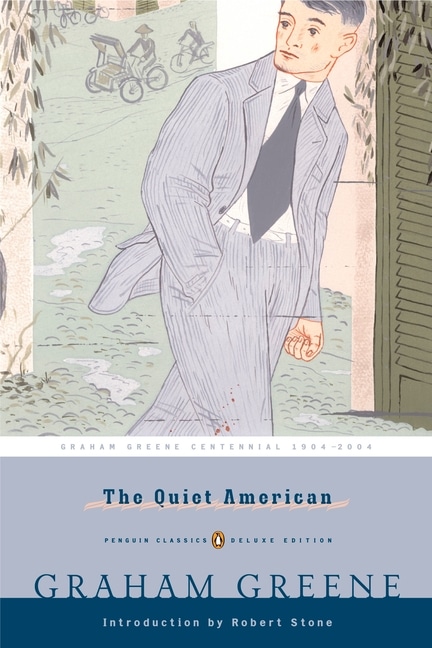Showing the single result
About Graham Greene
Graham Greene, born October 2, 1904, was an English novelist, playwright, and literary critic who left an indelible mark on 20th-century literature. Known for his versatility and prolificacy, Greene created a literary genre that combines the disheartening realities of political espionage with deep psychological analysis. Today, he is widely regarded as one of the greatest British writers of the last century, with works like “The Power and the Glory” and “Our Man in Havana” imbued with a unique blend of storytelling and philosophy.
Born to a prominent family in Berkhamsted, England, Greene’s early experiences at the local boarding school fuelled his journey into storytelling. His fascination with international politics and keen interest in journalistic travel took him across the globe, influencing his narratives that often spotlight characters living through political unrest. His deep understanding of human psychology and sharp critique of political systems brought richness to his work that resonated with readers worldwide.
Throughout his career, Greene was twice shortlisted for the Nobel Prize in Literature and garnered countless accolities. His gifted pen explored themes of political corruption, faith, and moral ambiguity. Today, Graham Greene’s legacy lives on through his timeless works that masterfully blend suspense, humor, and thought-provoking insights into the human condition.
